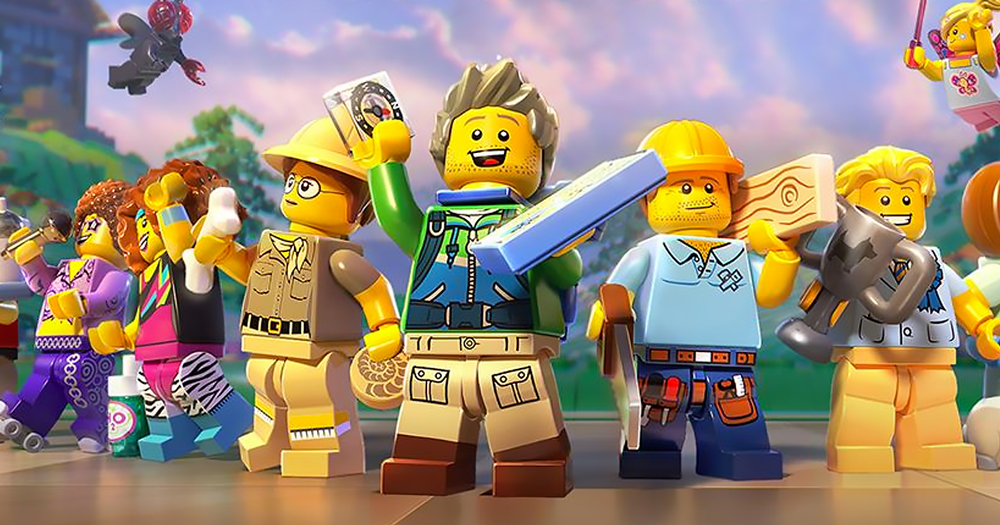Gender bias is prevalent in so many aspects of our daily lives, but when it comes to products marketed towards children, Lego has decided to say no.
The colourful corporate giant commissioned a worldwide study by the Geena Davis Institute, which led to their decision to stop sorting their products by gender.
The research found that young girls are becoming more confident to engage with activities and products marketed towards their male counterparts, but overwhelmingly, the opposite is true for young boys.
The study states that a massive 71% of boys would not play with “girls’ toys” for fear of being mocked by their peers and, sadly, this fear extends to the parents as well.
“Parents are more worried that their sons will be teased than their daughters for playing with toys associated with the other gender,” says the chief executive of the Geena Davis Institute on Gender in Media, Madeline Di Nonno.
As a result, the research shows that parents are more likely to encourage their sons to engage with sports and STEM (science, technology, engineering and math) activities.
“There’s asymmetry,” a neurobiologist and author of The Gendered Brain, Prof Gina Rippon, said. “We encourage girls to play with ‘boys’ stuff’ but not the other way around.”
Although young girls are becoming more comfortable with toys and products marketed for boys, there is still room for improvement for them as well. While parents pointed their sons in the directions of sports and STEM, the study also found that daughters are more likely to be encouraged to dance, dress up and bake, reflecting highly antiquated gender norms.
Furthermore, the toys that are geared more towards young boys offer “training opportunities” which will serve them in later life, helping them to develop skills such as spatial awareness and problem-solving. Typically, the same is not true of toys aimed at young girls, meaning they are less likely to take up careers in the field of STEM than their male peers.
Going forward, “We’re testing everything on boys and girls, and including more female role models,” says Julia Goldin, the chief product and marketing officer at the Lego Group.
She adds, “Our job now is to encourage boys and girls who want to play with sets that may have traditionally been seen as ‘not for them'”.
Building-block maker Lego is wiping gender labels from its products, ending years of marketing toys to solely girls or boys https://t.co/YyJw7CKWo0 pic.twitter.com/6dSASwyLdQ
— Bloomberg Originals (@bbgoriginals) October 12, 2021
This development for the Lego corporation comes just days after the state of California introduced a new law which requires retailers to offer gender-neutral options for baby products. While companies are still allowed to market products towards boys and girls individually, they must also offer products that are not geared towards any specific gender.
However, the new Californian law does not apply to clothing and it also only affects stores with 500+ employees, meaning many businesses are exempt.
© 2021 GCN (Gay Community News). All rights reserved.
Support GCN
GCN is a free, vital resource for Ireland’s LGBTQ+ community since 1988.
GCN is a trading name of National LGBT Federation CLG, a registered charity - Charity Number: 20034580.
GCN relies on the generous support of the community and allies to sustain the crucial work that we do. Producing GCN is costly, and, in an industry which has been hugely impacted by rising costs, we need your support to help sustain and grow this vital resource.
Supporting GCN for as little as €1.99 per month will help us continue our work as Ireland’s free, independent LGBTQ+ media.
